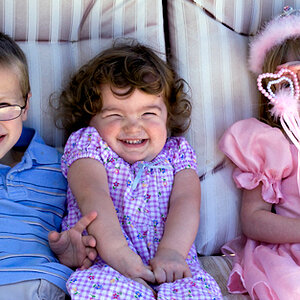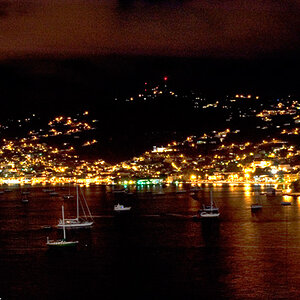ShavedMonkey
TPF Noob!
- Joined
- Jan 29, 2007
- Messages
- 60
- Reaction score
- 0
- Can others edit my Photos
- Photos OK to edit
This past weekend I went to Great Falls in VA to take some pics of the falls. There was a kayaker in the water and I got some great shots of him. I was up at the top of the falls with a zoom lens so obviously I wasn't anywhere near him. There was no way for me to get any sort of consent from him. Does this mean I can't post these pics anywhere? 



![[No title]](/data/xfmg/thumbnail/31/31978-02cde49248ebdf1b82fba5c899e08378.jpg?1619735136)
![[No title]](/data/xfmg/thumbnail/31/31980-e5048a424621c7b3cd0d306d63c09d67.jpg?1619735137)


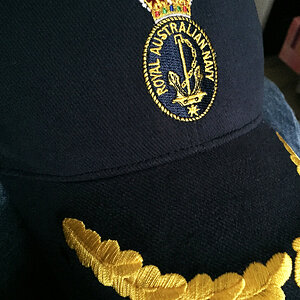
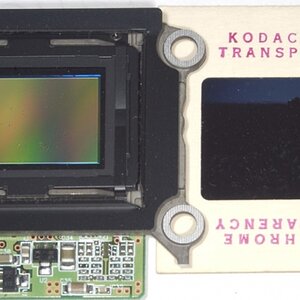

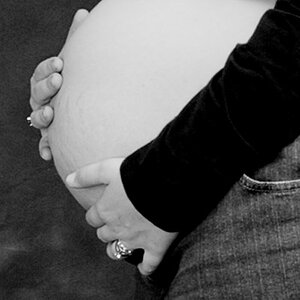
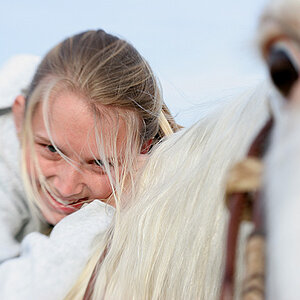
![[No title]](/data/xfmg/thumbnail/37/37138-63809b91a8061d61d48c541f18a69861.jpg?1619737885)
